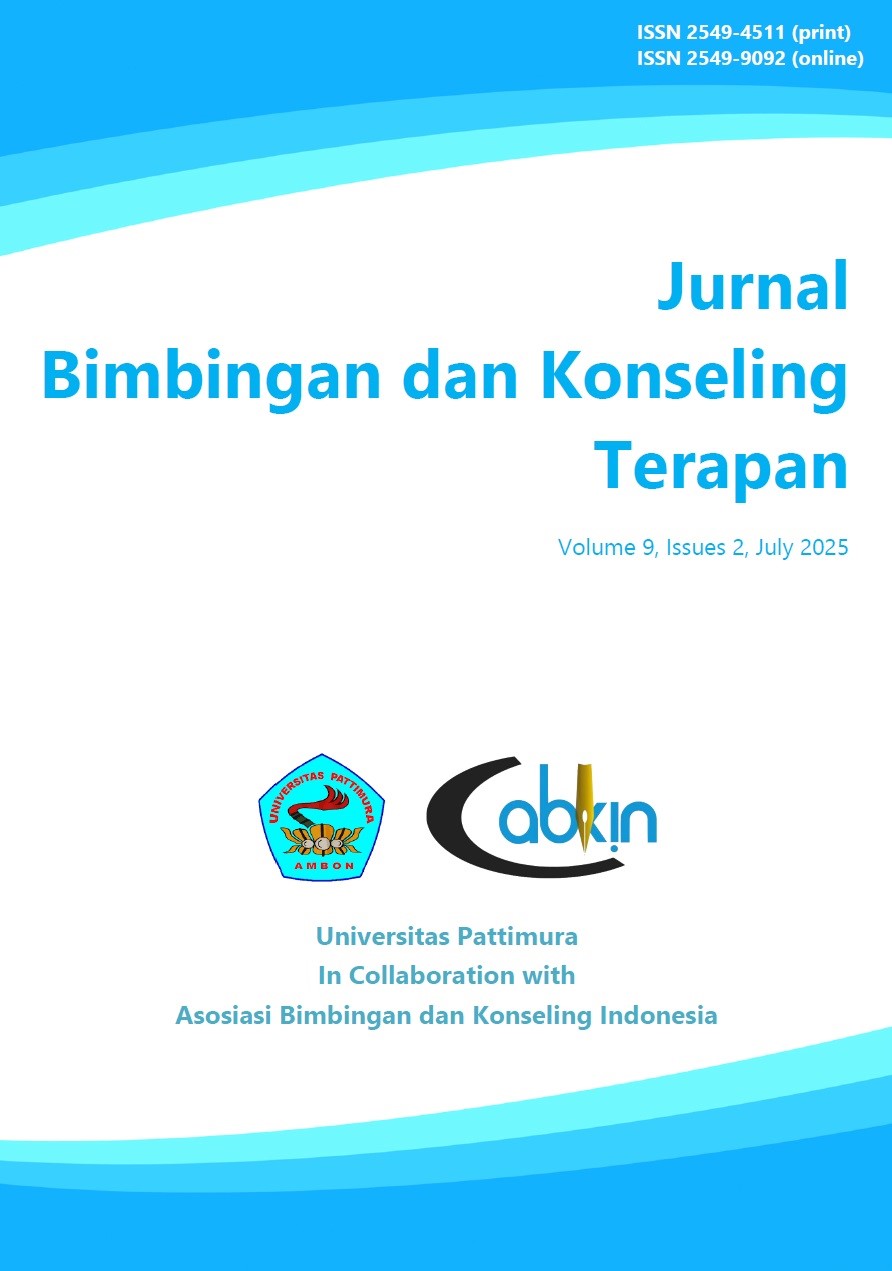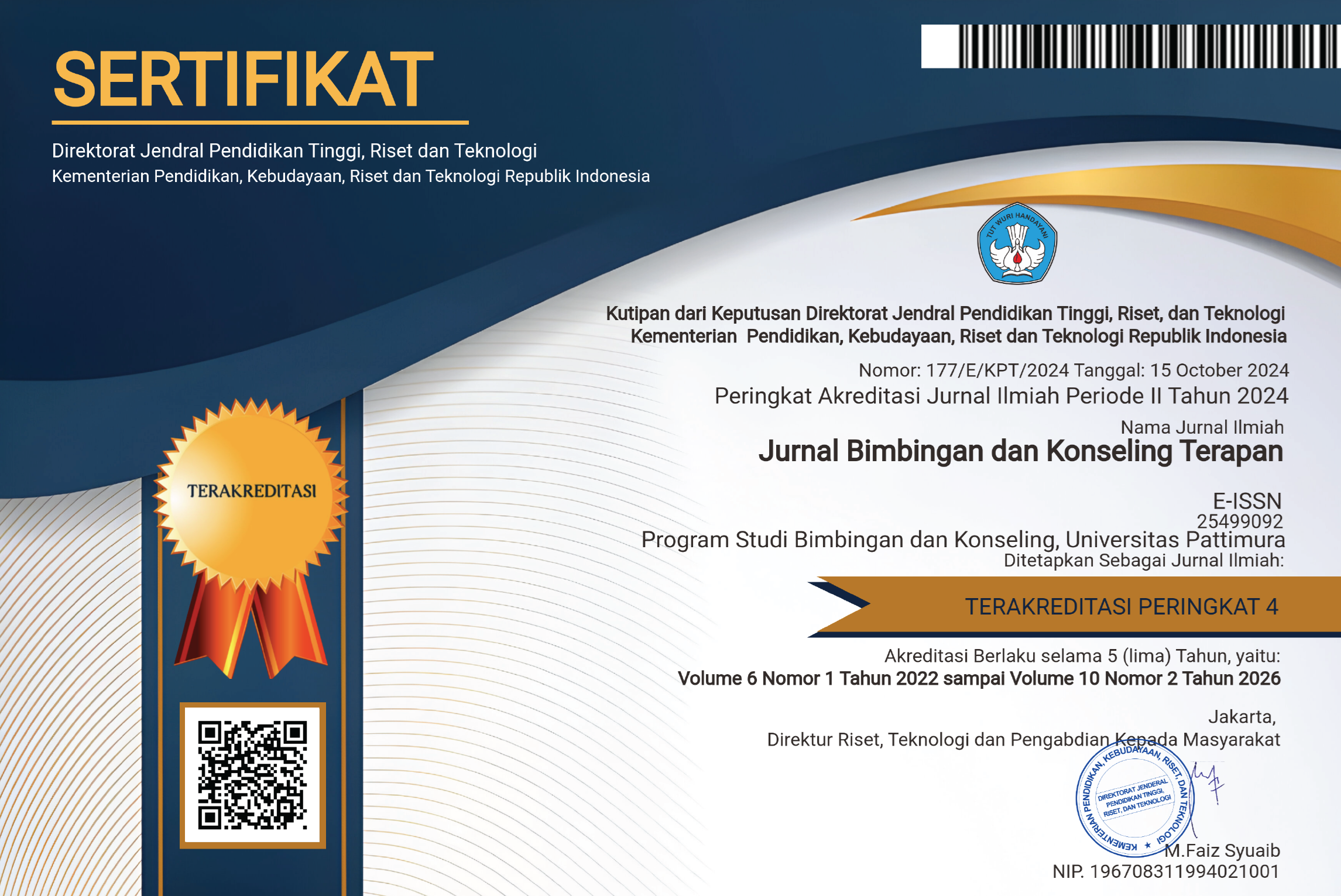Enhancing Infant Gross Motor Skills through Baby Swim Therapy: A Study of Its Effectiveness and Implications in Midwifery Education
Abstract
Infancy represents a critical period for brain and motor development, where timely and effective stimulation can significantly shape a child's lifelong health and abilities. This study aimed to evaluate the impact of baby swimming therapy on gross motor development among infants aged 3–9 months at Alfarizki Beibee Care, Kota Malang. Using a pre-experimental one-group pretest–posttest design, 28 infants participated in four weeks of structured aquatic therapy, with gross motor skills assessed before and after intervention using the Kuesioner Pra-Skrining Perkembangan (KPSP). The results revealed notable improvements in key motor milestones, particularly in head control, unsupported sitting, and standing with weight bearing. Statistical analysis confirmed a significant increase in the proportion of infants achieving age-appropriate gross motor skills post-intervention (p = 0.025). These findings suggest that baby swimming therapy is an effective early intervention for enhancing gross motor development in infants, supporting its feasibility and benefit in community-based, midwife-led settings. This research underscores the importance of early stimulation and highlights the role of non-pharmacological interventions in optimizing infant growth and development. The study recommends integrating baby swim therapy into routine infant care and midwifery education, while future research should adopt randomized controlled designs, larger samples, and longer follow-up to strengthen evidence and generalizability.












